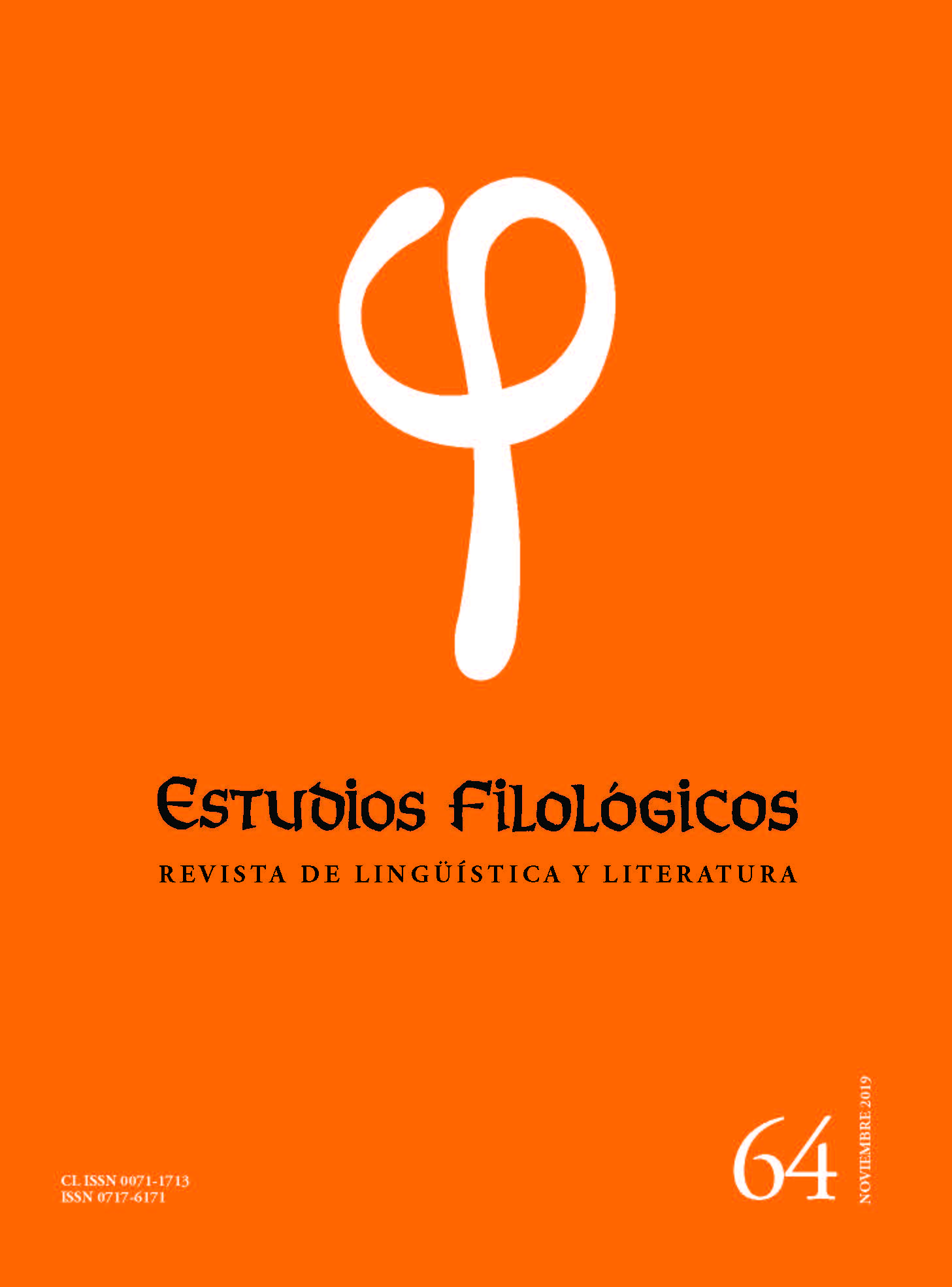Andean Lexical Consonances in the Mapuche Williche Ritual Language: Cross-linguistic Relationships and Historical Stratification
Main Article Content
Abstract
This paper analyses some of the Andean cross-linguistic relationships in the Mapuche Williche ritual language and the intercultural link implied in them. The corpus includes six Quechua terms, seven terms coming from Quechua and Aymara, one Aymarized word, one Puquinisized term and one word possibly coming from Puquina, an older language spoken before Quechua. This corpus is divided into two Andean cross-linguistic strata. The most extensive one is composed of fourteen words probably incorporated into the Mapuche language (Mapudungun) during the development of the Tawantinsuyo in the 15th century. The less extensive one, from the point of view of the number of terms, is composed of only two items which are quite relevant because they reveal intercultural relationships that occurred before the Inka culture in the place. These embedded terms are part of the basic lexicon of the Mapuche language and culture and they lack synonyms in Mapudungun. The analysis of the semiotic constellations of these terms, i.e. the series of understandings implied in the specific sense and cultural meanings, display a pre Inka ideological substratum shared in the central and South Andean area.

